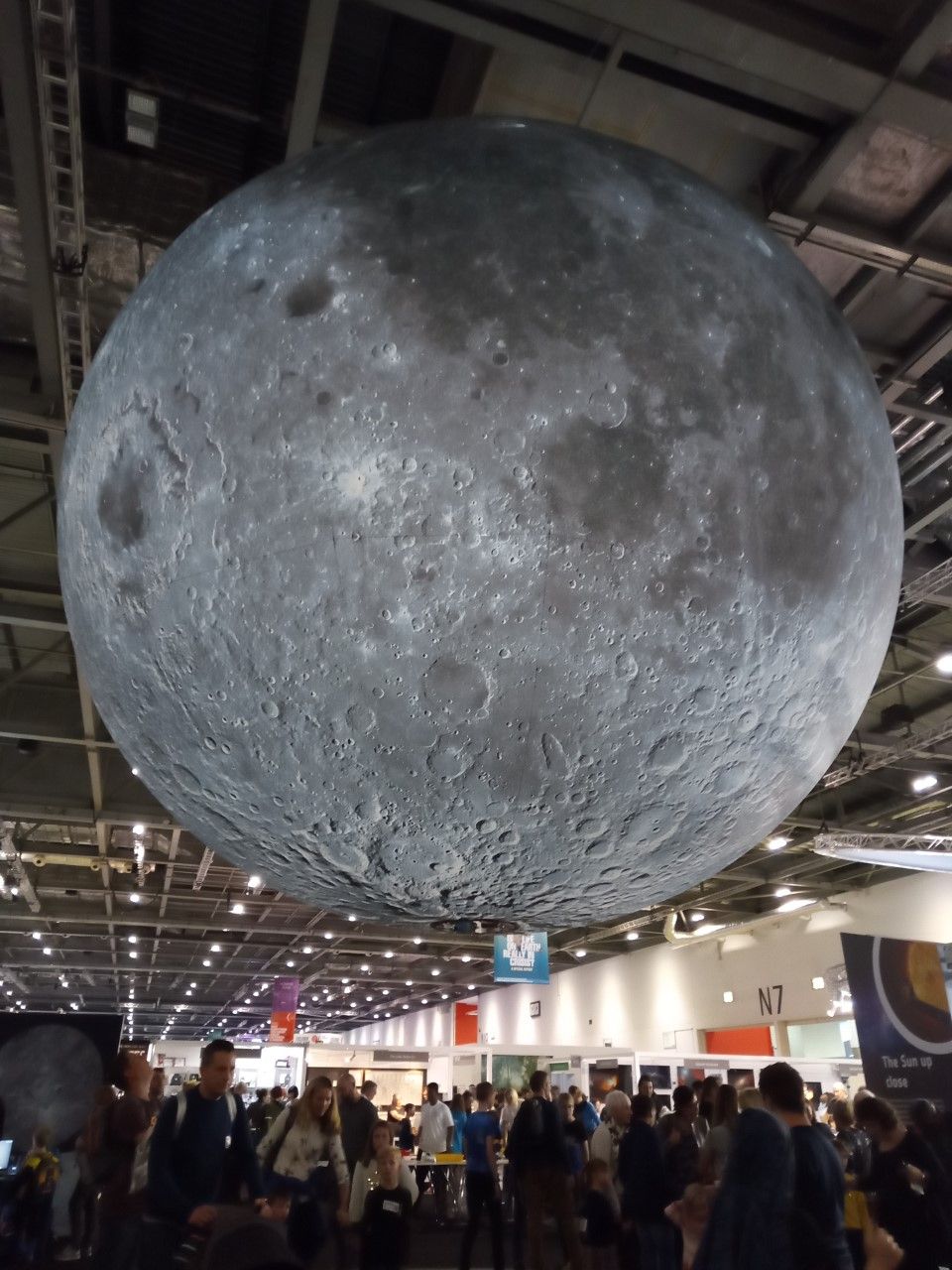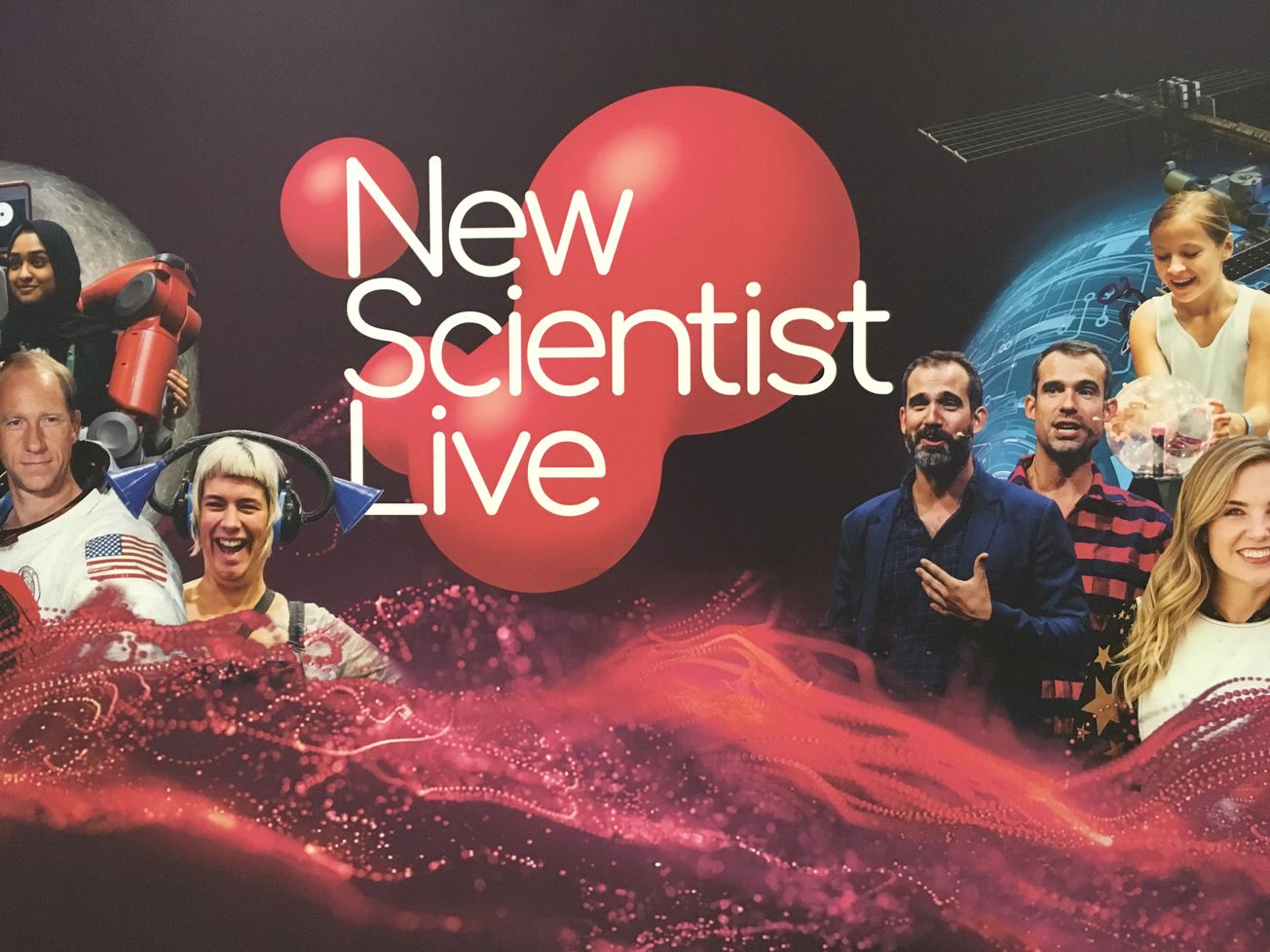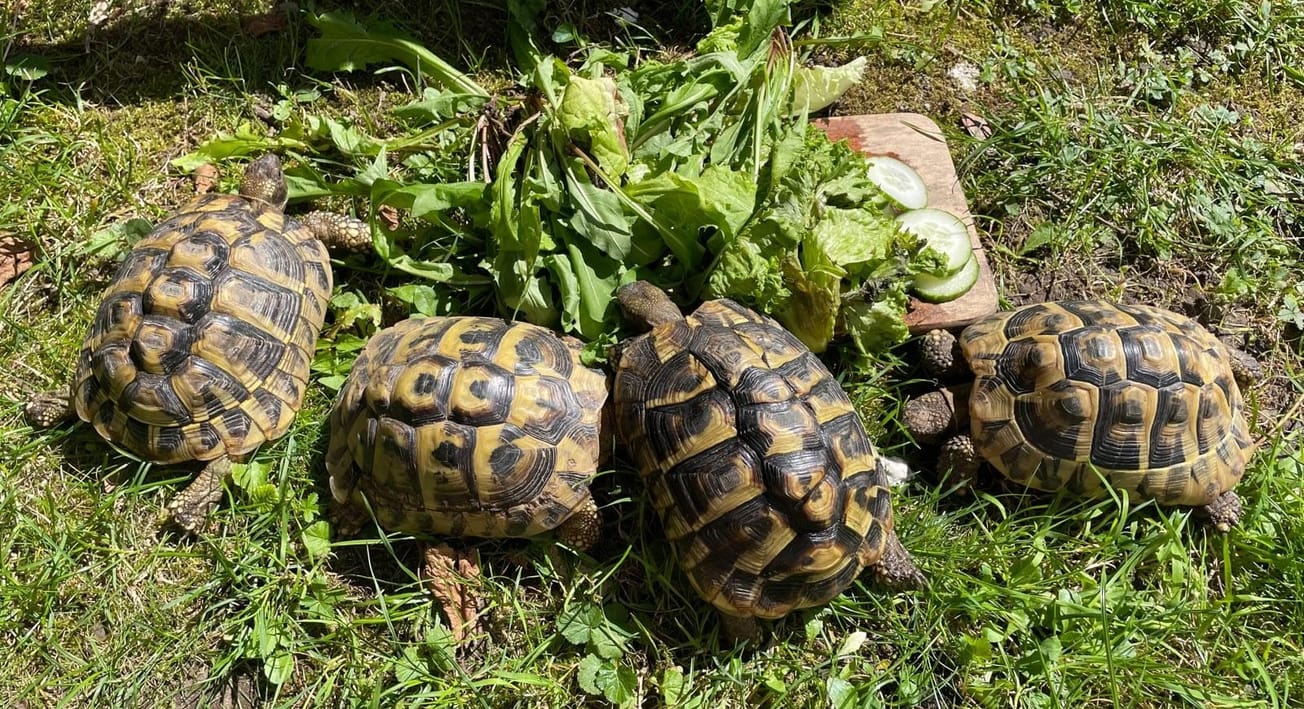By Genevieve Clapp, Second year, Medicine
Epigram interviewed Maggie Aderin-Pocock, presenter of the BBC’s ‘The Sky at Night’ and acclaimed space scientist following her talk at New Scientist Live, and discussed changing attitudes to space exploration, 50 years on from the lunar landings.
On the 20th July 1969, Neil Armstrong took his first steps on the moon. In the eyes of many this was the peak of the space race - or at least that’s the American point of view - and since then, public interest in space has seemed to decline. In an age of climate crisis and political strain many question the need to explore the galaxy further when there is so much to be done on Earth.
Speaking to Maggie Aderin-Pocock left me feeling as though now more than ever we need to look to the galaxy for answers. I interviewed Maggie after her talk entitled ‘The Moon: Past, Present and Future’, where she spoke about how the moon has played a part in our lives since the dawn of time, creating the tides that were potentially vital for the formation of the molecules we are made from. She then went on to tell us what scientists predict will happen to the moon in the future and how that will affect us here on Earth.
I began by asking the question that I been eager to ask from the start of the talk – why do we need to continue to explore space? “I think there is a number of reasons why we need space exploration” she began, “When people think of space, they think of people going out into space, and that’s very much a part of it, but also, we use space for so many different things – for Earth observation, for understanding our planet and then there’s for understanding our universe”.
Space scientist Dr Maggie Aderin-Pocock took to the main stage at @newscilive to wax lyrical about her lunar love: "I would love to be the first woman to walk on the moon. I'm definitely working on it!" pic.twitter.com/5wdCEH9S6Y
— New Scientist (@newscientist) October 12, 2019
Maggie told me that she believes “our destiny lies out there” and that it seems reckless for us to contain human life to one area where it might become extinct, “it makes sense to seed human life elsewhere”. However, she was keen to make it clear that “the key is to do it as ethically as possible; we need to learn the lessons from all the mistakes we’ve made here and make sure that we don’t just repeat them elsewhere”.
Space projects are notoriously expensive, and with the loss of interest in the field it has become much harder to acquire funding. I asked whether anything can be done to either reduce the costs of projects or help obtain the funding. With a sigh she said, “unfortunately getting things into space fundamentally costs quite a bit of money, because of the cost of the launch”, but “I think the more people that do it, the better the technology will get, because of market forces”.
She became particularly excited when telling me about the idea of “using the moon as a base to travel to the rest of the solar system. The moon has 1/6th of the Earth’s gravity, therefore its much easier to get things of the lunar surface than the Earth’s surface. If we establish a base there, we could actually use lunar soil to build things and then launch from there into space”. In the long term this could be significantly cheaper, however there would be large set up costs.

During her presentation she mentioned that the moon is actually slowly moving away from the Earth, at a rate of 3.5cm per year and that eventually the world will begin to gyrate, leading to an entirely new and extreme weather system. When I inquired what other effects the distancing of the moon will have, she said “In the distant future the moon will move so far away that the gravitational pull of the earth won’t be enough to keep it captive, so we will lose the moon, but not for a few billion years”. In the meantime, “it is quite interesting to see how the moon influences us, for instance the twenty-four-hour day that we take for standard will get longer and already is beginning to”. In relation to the moons of other planets, our moon is very large and protects us from debris and solar storms, so Maggie says, “We will miss it if it goes”.
My final question was ‘how can we inspire the next generation of space scientists?’ and her response was something I’d never considered. She of course began by saying that with it being 50 years since the lunar landings, reflecting on the experiences of astronauts can be “an inspiration in itself”.
However, she went on to voice that from space and learning about our past we can “learn how to change our future” and that with the school strikes for climate action it is clear that “kids are worried about the future”, suggesting a collaboration between space science and environmentalism would be beneficial . “I think space helps us to understand the environment, for instance receding icecaps we can monitor from space” she stated. The things that space can teach us are not just limited to environmentalism, by looking at how the earth and human life were first formed, we can help advance both medicine and technology.
Featured image: Epigram / Vilhelmiina Haavisto
Do you think space exploration is worth it? Let us know!







